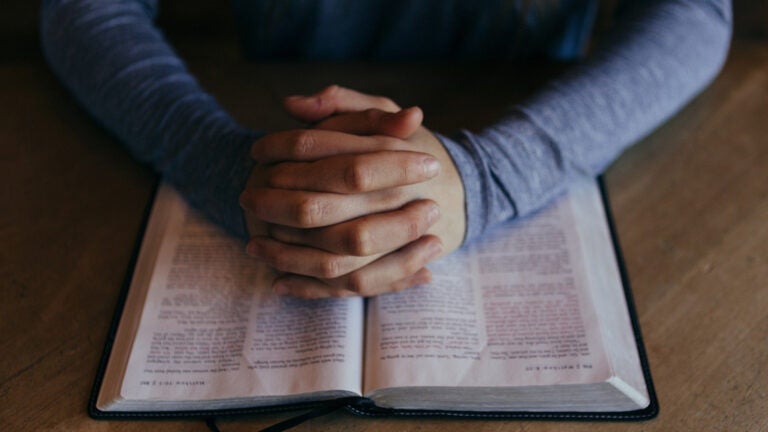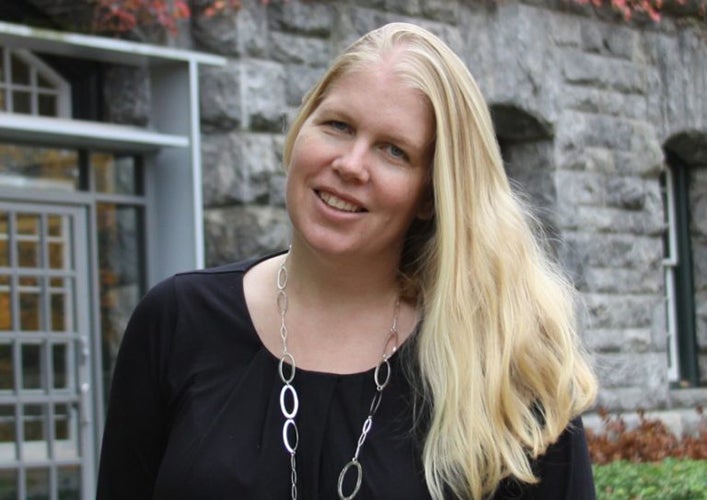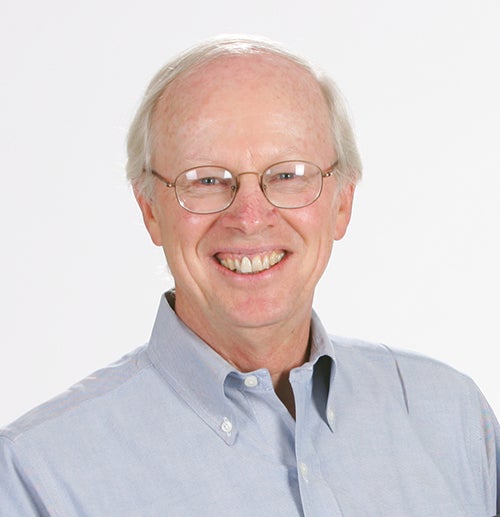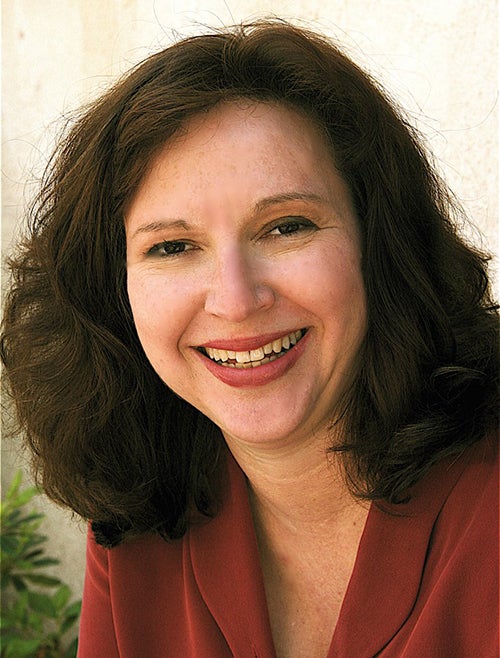
Religion and COVID-19: How are we keeping the faith?
Many religious groups are responding to the coronavirus pandemic with virtual services and calls to help the most vulnerable. Others are defying orders not to congregate and calling the outbreak “God’s judgment.”
As people around the world celebrate Passover and Easter, USC experts explore how religious and spiritual institutions are adapting during the COVID-19 pandemic.
Religions are adapting; they always do
“One of the things that we study is how religions themselves change and how religions make change in the world,” says Brie Loskota, executive director of the Center for Religion and Civic Culture (CRCC) at the USC Dornsife College of Letters, Arts and Sciences. “Religions are actually remarkably adaptive. It’s in the nature of religion to go through an ongoing process of reevaluating ritual and meaning and text and theology. This moment is sort of accelerating that crucible. Although most people think of religions as a sort of stone tablet type of institution, it’s actually much more flexible than that.”
“Religious leaders themselves are not immune from the social forces that they respond to. They are also subject to the same sense of dislocation and disorientation and uncertainty, so even though they’re working to provide stability and guidance, they are also subject to this same very human experience.
“In disaster response, just like any social issue, religions are part of the problem and they’re often part of the solution.”
Loskota is also co-founder of the CRCC’s American Muslim Civic Leadership Institute. Her research focuses on how religions change and how they cause change in the world.
Will we go about business as usual when restrictions are lifted?
“Now is the time to start thinking about how institutions, such as churches, temples, and synagogues, are going to respond. For the moment, they are shuttered. Clergy are delivering sermons from their homes; heroic attempts are being made through Zoom and other platforms to simulate collective worship,” says Donald Miller, Leonard K. Firestone Professor of Religion and co-founder and director of strategic initiatives of CRCC.
“But at some point, religious groups will once again be able to re-congregate,” added Miller, an expert in global religious trends, new patterns of religious practice, and innovative organizational responses to cultural change. “Will clergy challenge us to think globally, and not just locally; to embrace the whole human family as children of God, not just our own tribal group?
“If we simply go about business as usual when restrictions are lifted regarding sheltering in place, the residual fears generated during the crisis will manifest themselves in unfortunate ways. We will become more insular, less global in our thinking, and more self-centered, thinking only about our own survival when the next calamity hits.”
COVID-19: The biggest religious story of our time?
“Passover celebrates the exodus from Egypt, and Jews recall their passage from bondage to liberation. It’s easy to see the present moment as a moment of constraint and to look forward to when we can leave our homes and resume our lives. So, the epidemic speaks to the Passover message,” says Knight Chair in Media and Religion at the USC Annenberg School for Communication and Journalism and USC Dornsife. She is a national authority on religion and the media as both a journalist and a scholar.
“This weekend is also Easter, when Christians celebrate the resurrection. This, too, is a time to think about how God acts in our lives and calls us to do. Maybe this year, it’s also a renewal of our sense of community with others and our desire to live like Jesus.
“The coronavirus may be the biggest religion story of our lifetime. It raises metaphysical questions: Why is this happening? How did it happen? What does it mean? Questions like that can lead to prayer. We’re confronted with life and death choices not just about our own well-being but also about our communities. And so, whether or not someone sees themselves as conventionally religious or not religious at all, it’s hard not to be engaged with the spirituality and ethics of the pandemic — and to pray.”